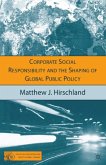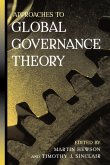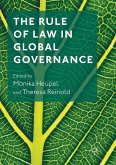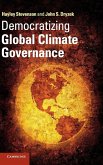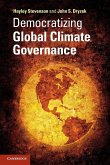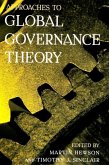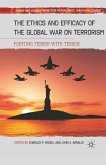The hopes fostered by the end of the Cold War have been shattered, in this troubled beginning of the XXI century, both by a new kind of extreme violence, transnational terrorism, and-more recently-by a global economic downturn with no end yet in sight. Facing these challenges, world governance suffers from the inadequacy both of political theory and of institutions. This book invites us to go back to basics, i.e. to revisit the very foundations of political and moral theory, and reconsider in the light of the present global predicament the relationship between ends and means, the concept of liberty, the precept of solidarity. Terrorism is a test case of our capacity to look beyond our narrow political options in order to attain the common goal of banning it legally, politically and morally. In order to do that, we will have to be able to define terrorism in a way that recognizes it as distinct from other forms, sometimes equally repulsive but different, of violence. It is an effort that requires at the same time ethical sensitivity and a new kind if non-ideological realism. The same effort that must allow us to build and strengthen new international institutions, from the economy to international criminal law.
Hinweis: Dieser Artikel kann nur an eine deutsche Lieferadresse ausgeliefert werden.
Hinweis: Dieser Artikel kann nur an eine deutsche Lieferadresse ausgeliefert werden.


